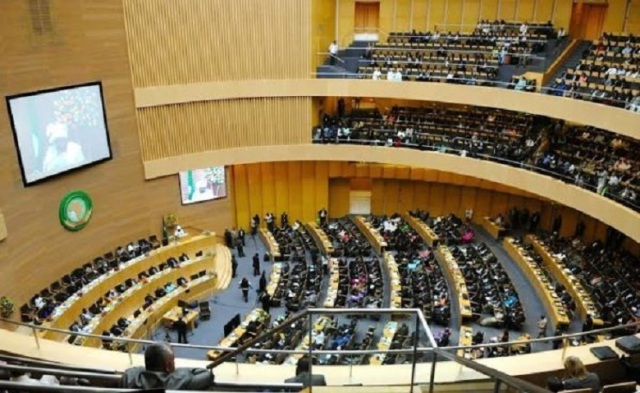News
ECOWAS urges commitment to youth empowerment

The Economic Community of West African States (ECOWAS) have called on leaders to recommit to youth empowerment for peace and security.
President of the ECOWAS Commission, Dr Omar Alieu Touray, made the call during presentation of the Status of Implementation of the Community Work Programmes at the ongoing First Ordinary Session of the ECOWAS Parliament in Abuja.
Touray said youth empowerment was crucial to development and also prevented them from joining insurgent groups.
“You see what we have just learned is that the majority of the young people who join groups, join armed groups not out of conviction or out of religious conviction but because they are looking for a job, so we cannot address peace and security without looking at youth employment and giving hope to the youth.”
He said ECOWAS adopted a scheme for youths to gain practical skills and experience in the bloc’s institutions and agencies, and contribute to the implementation of ECOWAS programmes and activities.
“For regional educational development, the new concept of our flagship ECOWAS Nnamdi Azikiwe Academic Mobility Scheme (ENAAMS) was adopted with the main objective of enabling youths to gain practical skills and experience in ECOWAS Institutions/Agencies and contribute to the implementation of ECOWAS programs and activities.
“For the 2023 cohort, we have 90 young graduates, competitively selected from 24,332 applications, showing the increased value of the programme as one of the commission’s flagship programs for an ECOWAS of the peoples.
“Furthermore, the ECOWAS Commission organised the first African Forum for Research and Innovation (FARI) in October 2023 in Abuja.”
The commission’s president said FARI had been a framework for cooperation to develop multinational and sectoral partnerships with research professionals and decision makers.
On intra-regional trade, Touray said ECOWAS faced a very low level and it planned to deepen integration by enhancing intra community trade.
He identified communities, like the European Union, that had intra community trade of over 70 per cent.
He said West Africa intra community trade hovered around 13 per cent and a maximum of 15 per cent, when it was any good.
He also mentioned that the region was working on the removal of non-tariff barriers.
“This is why the commission has set up a Presidential Task Force chaired by the former President of the Commission, Dr Ibn Chambers, to help us address some of these non-tariff barriers that are blocking trade within the community.
“If you move from Lagos to Abuja, I am sorry to say, but you will likely face nothing less than 100 roadblocks and some of these roadblocks are not official.
“So we really have to work together as a community and in a frank manner to address some of these challenges.”




 Davido's Net Worth & Lifestyle
Davido's Net Worth & Lifestyle 
